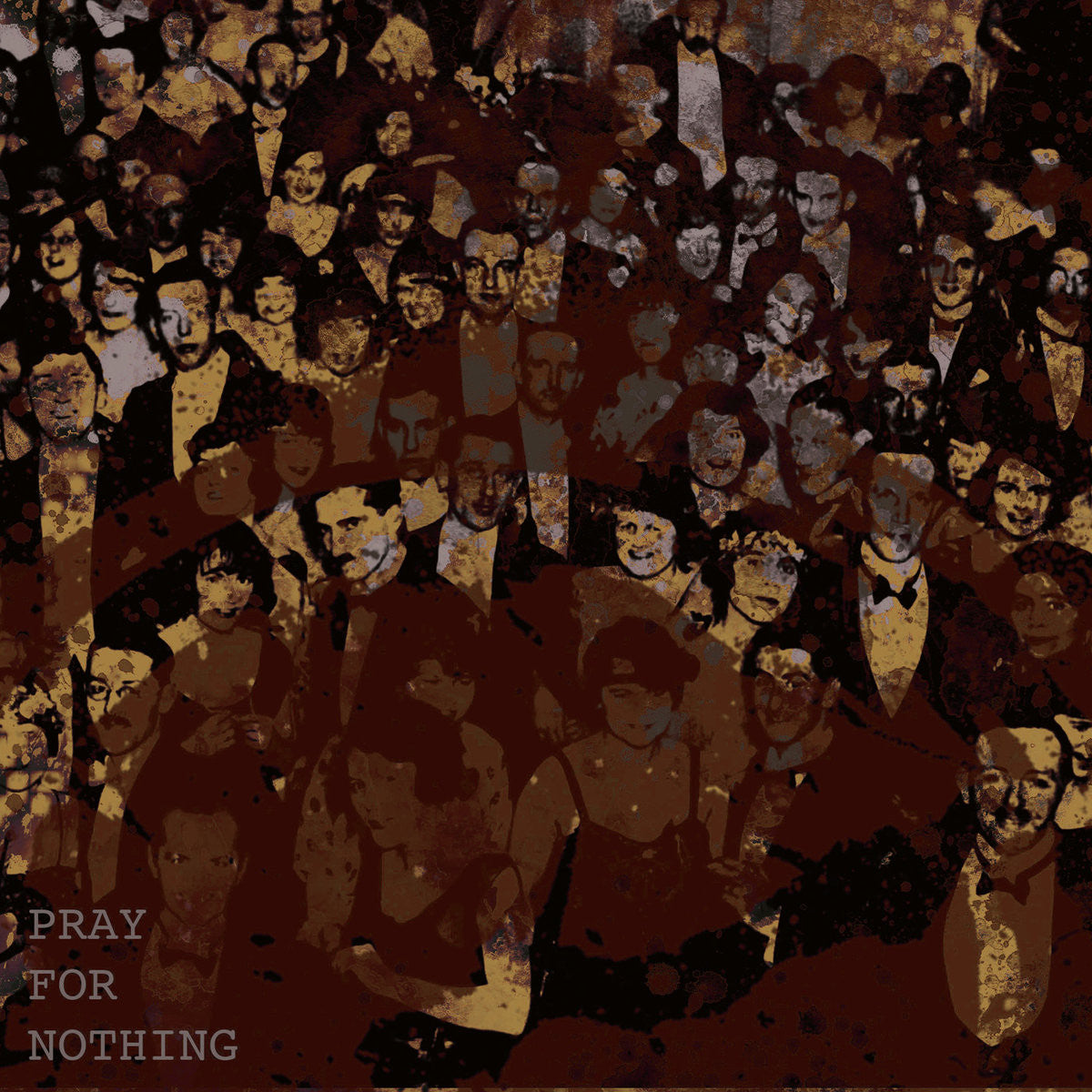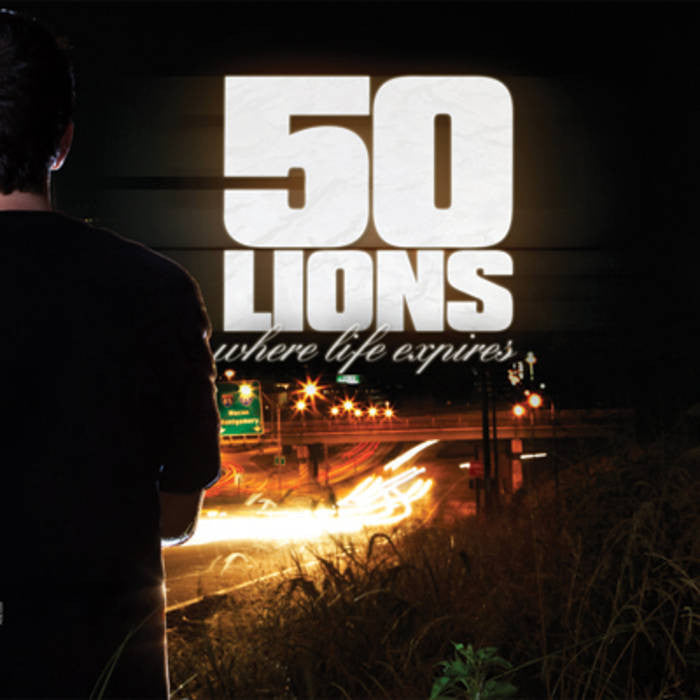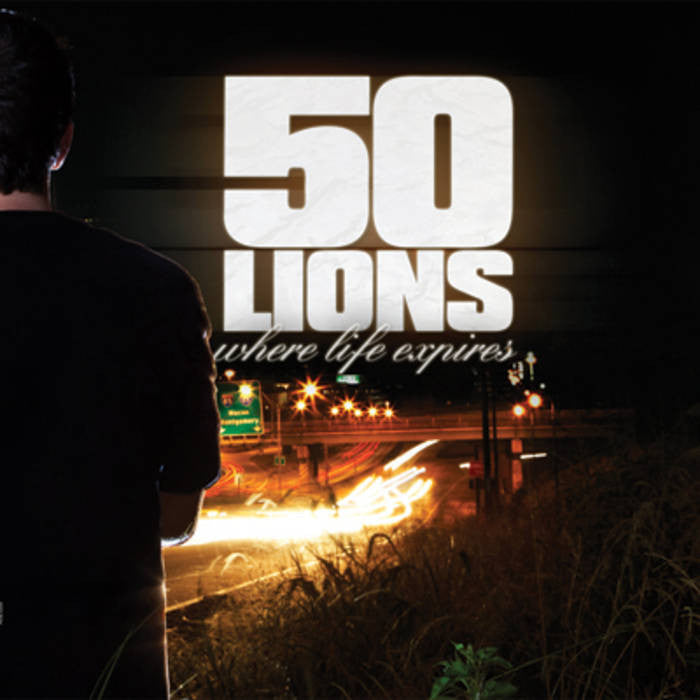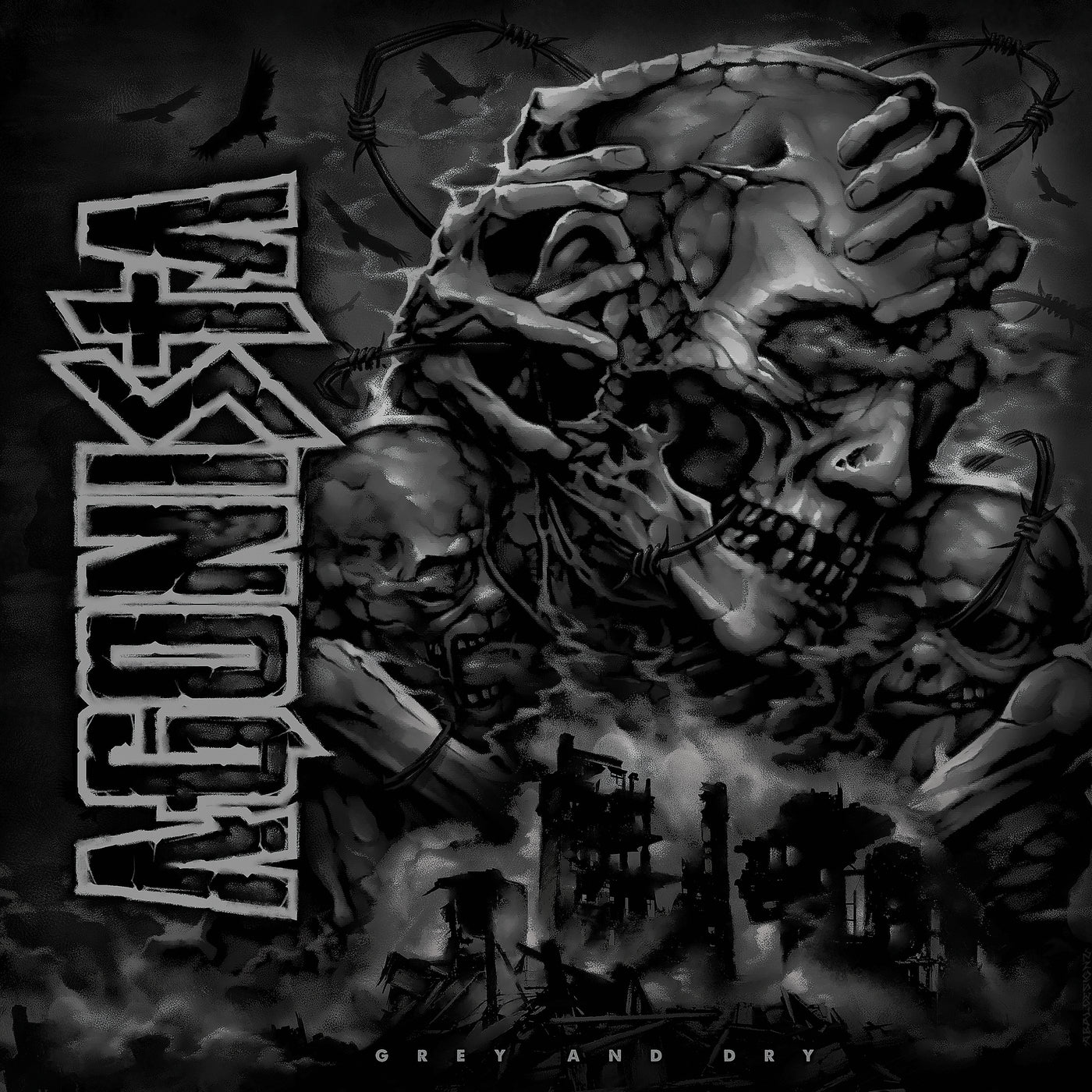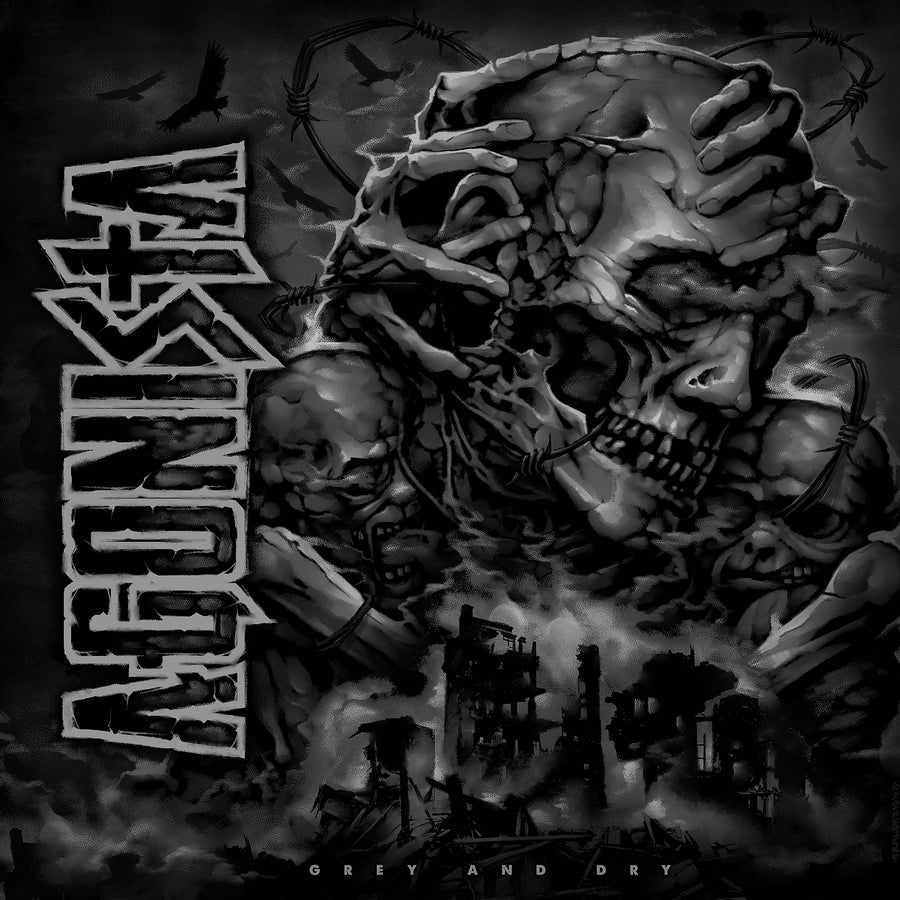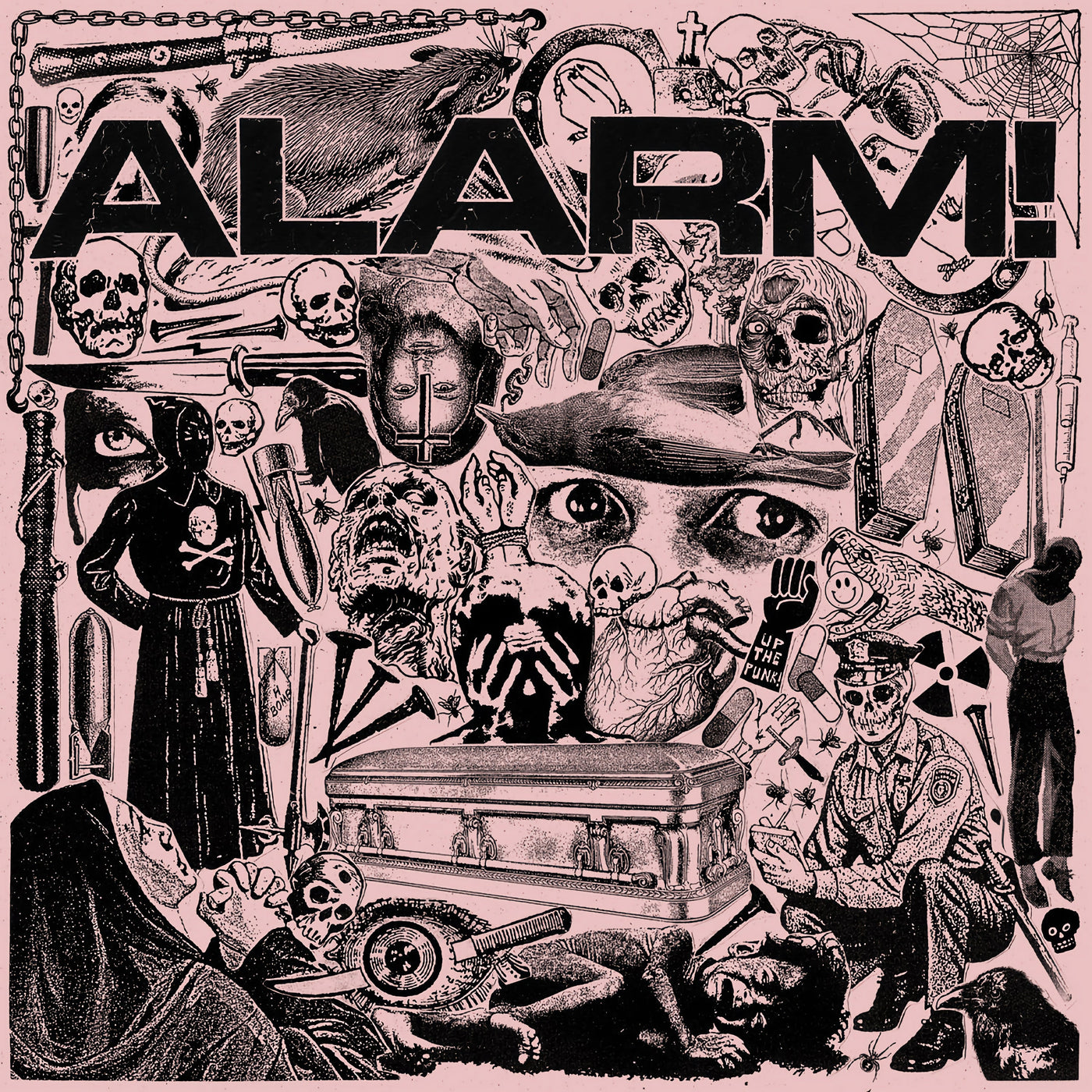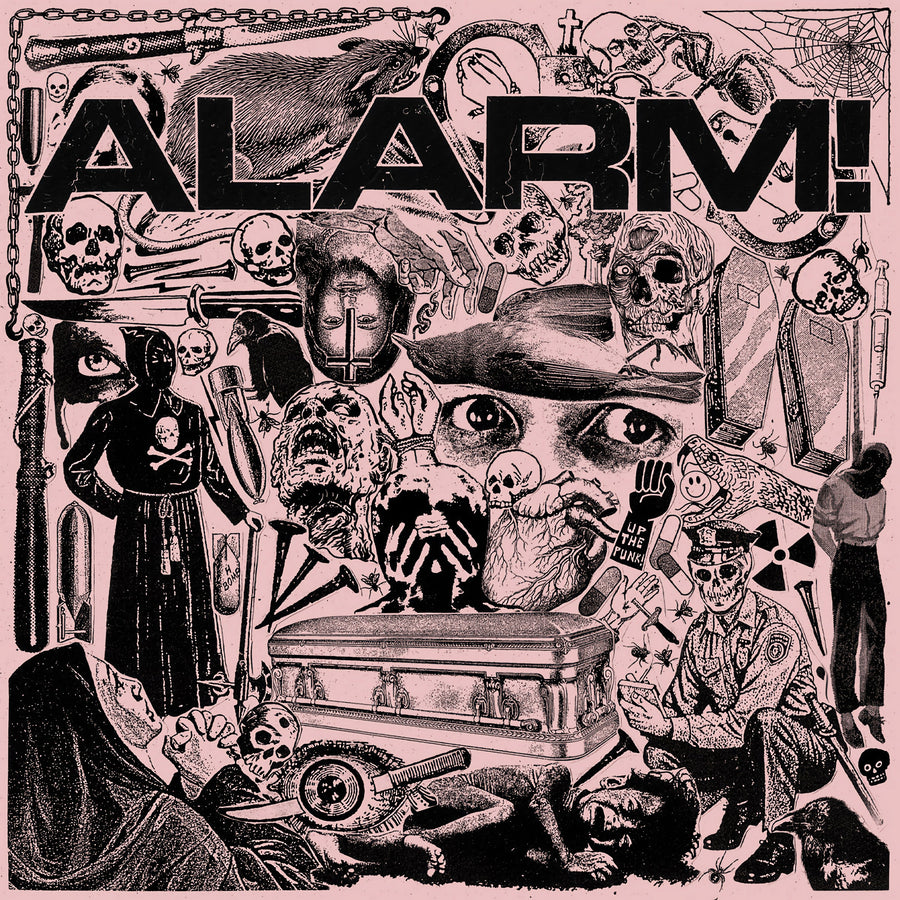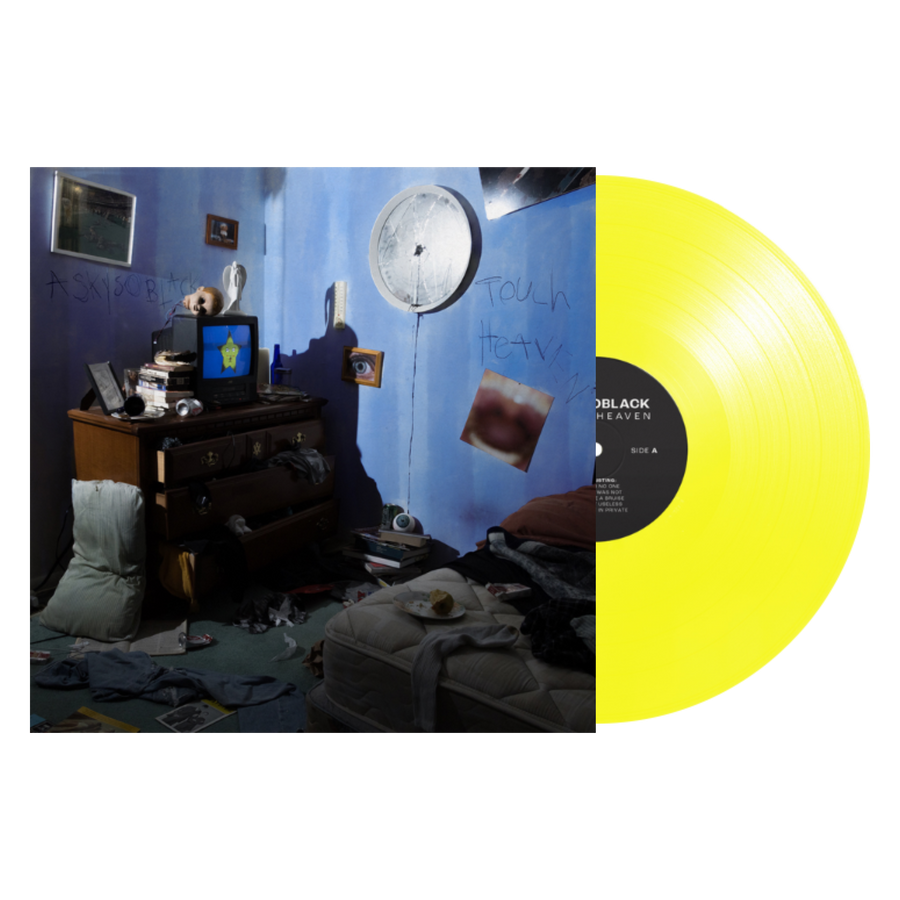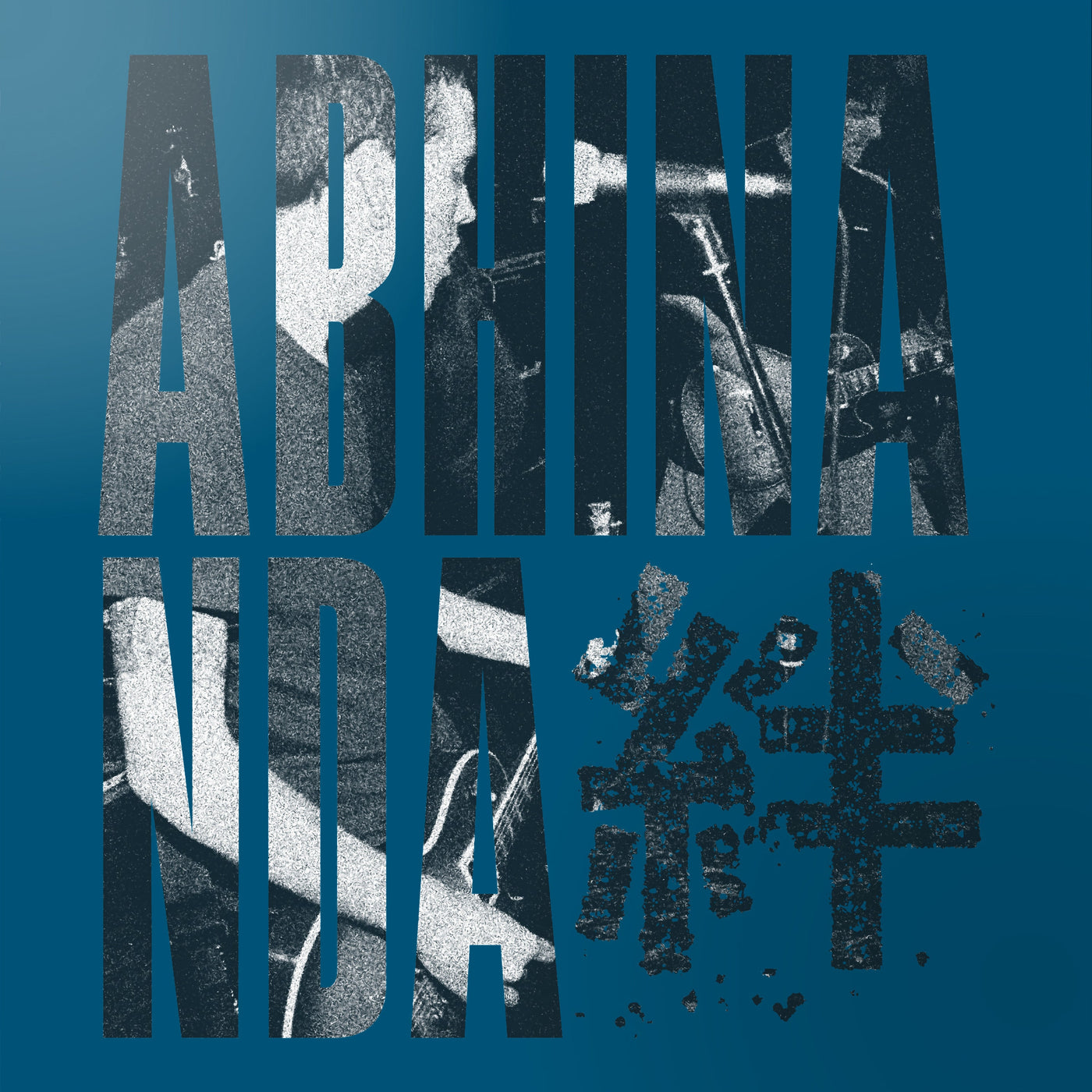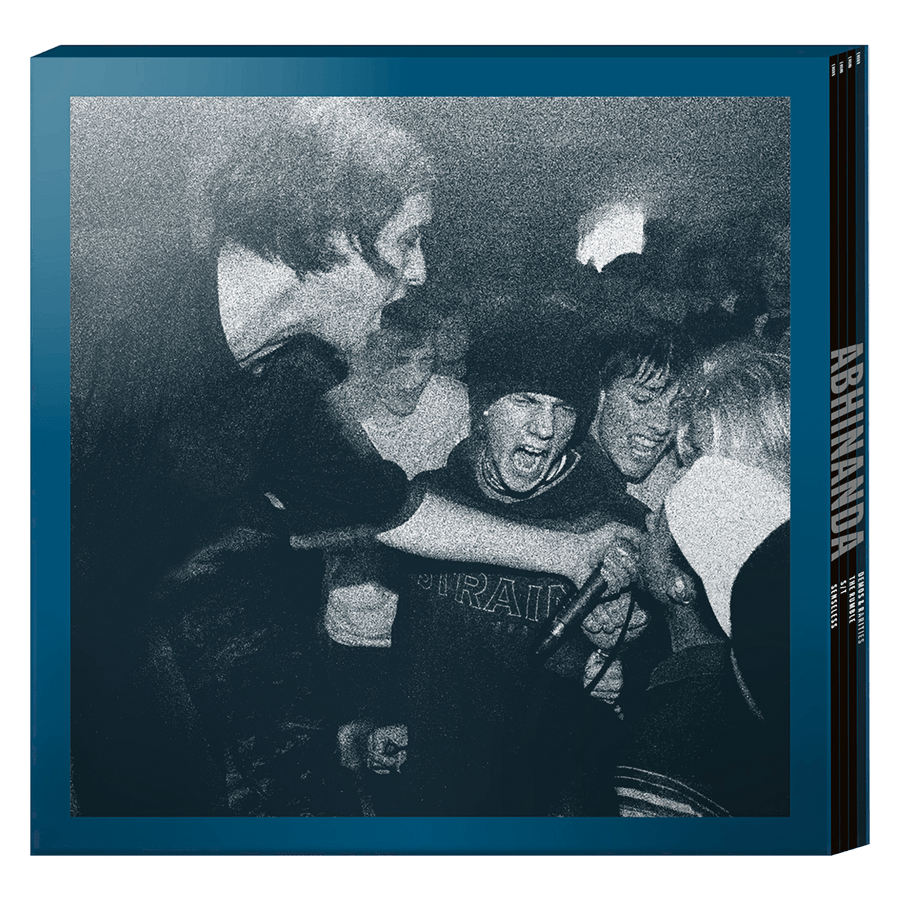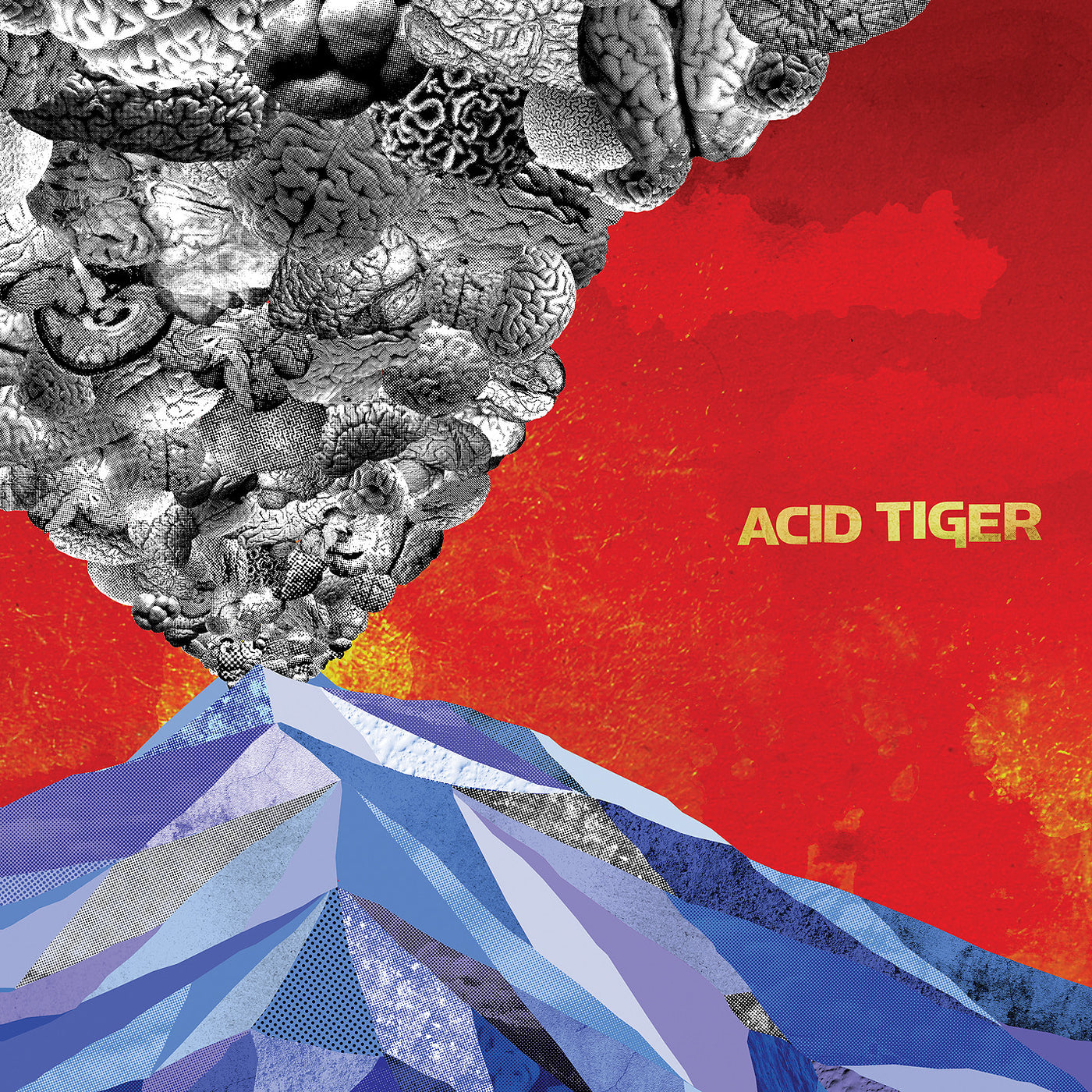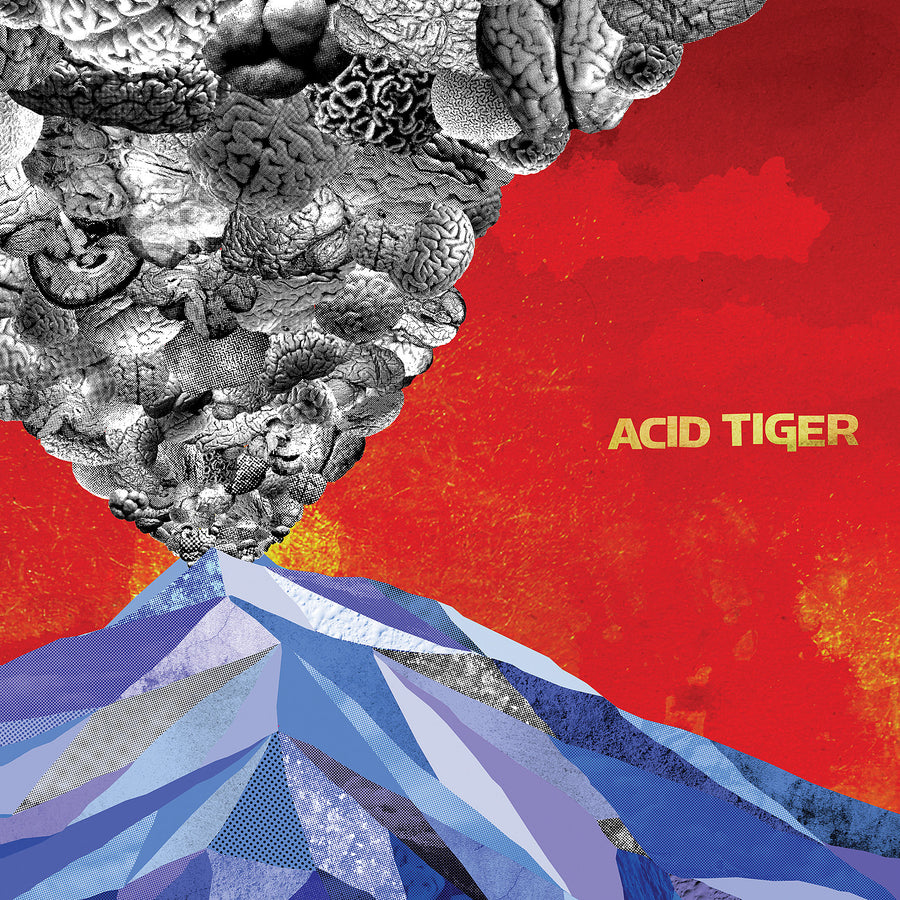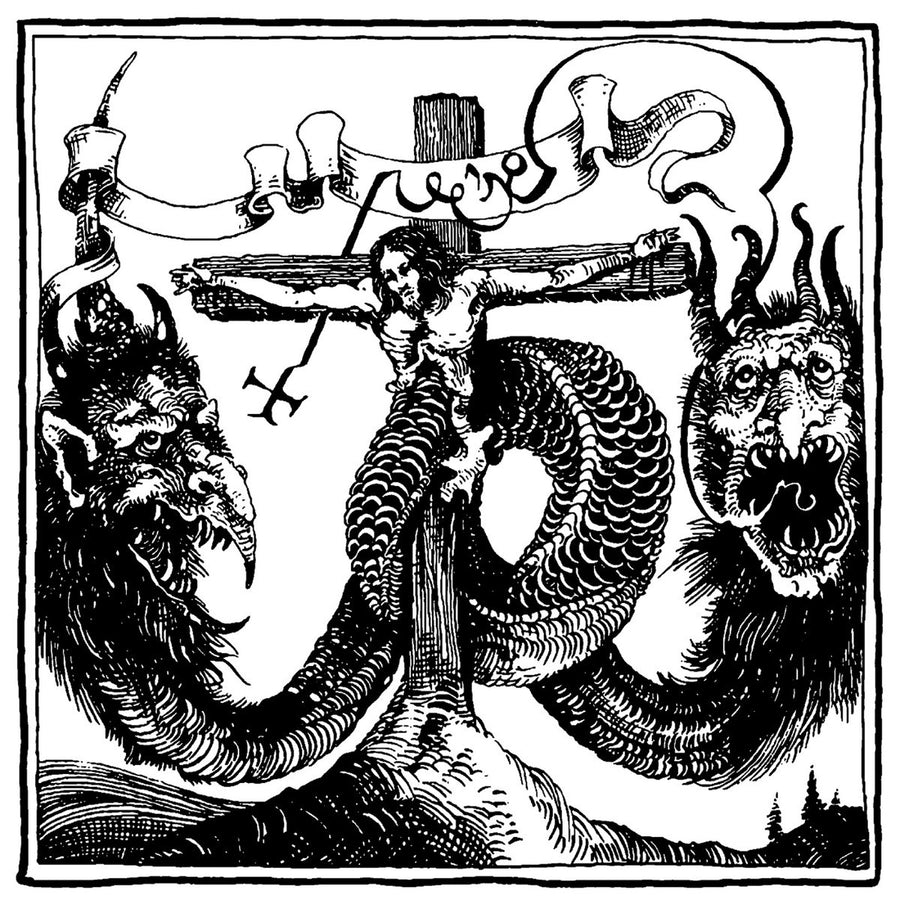Your Cart is Empty
- Bitter End
- Blacklisted
- Blood From The Soul
- Blunt Razors
- Bossk
- Burn
- Chastity
- Chrome Over Brass
- Cold Cave
- Cold World
- Converge
- Converge Bloodmoon
- Cult Leader
- Denisa
- Doomriders
- Eye For An Eye
- Frail Body
- Glare
- Gouge Away
- Greet Death
- Harm Wülf
- Heavenly Blue
- Hesitation Wounds
- The Hope Conspiracy
- Infant Island
- Irons
- Loma Prieta
- Mad Honey
- Modern Life Is War
- New Lows
- Oathbreaker
- Planes Mistaken For Stars
- Process Black
- Sonagi
- Starkweather
- State Faults
- Thou
- Umbra Vitae
- Wear Your Wounds
- 100 Demons
- 108
- American Nightmare
- Birds In Row
- Boysetsfire
- Burning Love
- Ceremony
- Coliseum
- Creative Adult
- Deafheaven
- Death Index
- Death Of Lovers
- Disfear
- Extreme Noise Terror
- First Blood
- Fucked Up
- Harm's Way
- Heiress
- Integrity
- Lewd Acts
- Lies
- Most Precious Blood
- Narrows
- Quentin Sauvé
- Raein
- Ringworm
- Self Defense Family
- The Suicide File
- Terror
- Touché Amoré
- This Is Hell
- United Nations
- Victims
- Whips/Chains
- White Jazz
- Wovenhand
- A Life Once Lost
- AC4
- Acid Tiger
- Breather Resist
- Carpathian
- Cast Aside
- Code Orange
- Cursed
- Damage
- Embrace Today
- Final Fight
- Frameworks
- HarborLights
- Hellchild
- Holyghost
- Horror Show
- I Hate You
- Internal Affairs
- Jesuseater
- Killing The Dream
- Knives Out
- Kylesa
- Life Long Tragedy
- Living Eyes
- Nine
- Overmars
- Pulling Teeth
- Punch
- Razor Crusade
- Reach The Sky
- Reign Supreme
- Ressurection
- Rise And Fall
- Rot In Hell
- Sex Postions
- Shipwreck AD
- So Be It
- Some Girls
- Supermachiner
- Super Unison
- The Blinding Light
- The Carrier
- The Dedication
- The Great Deceiver
- The Power & The Glory
- The Promise
- Trap Them
- Abominable Electronics
- All Pigs Must Die
- Andrew Gomez IV
- Anthony Lucero
- Anybody's Flowers
- Arik Roper
- Armageddon Label
- Ashley Rose Couture
- Author & Punisher
- Big Wheel Recreation
- Black Market Activities
- Boris
- Branca Studio
- Brian Montuori
- Brutal Panda Records
- Cave In
- Church Road
- Closed Casket Activities
- Come To Grief
- Convergecult
- Coreruption Records
- Dan McCarthy
- Dark Medicine
- Darren Brass
- David Eugene Edwards
- Deathwish Inc.
- Dennis McNett
- Die 116
- Downed Star
- Downhaul
- Dropdead
- Dylan Garrett Smith
- Employed To Serve
- End Hits
- Fange
- Genghis Tron
- GodCity Instruments
- The Godfathers Of Hardcore
- Grave Pleasures
- Harald Oimoen Photography
- Harm Reduction
- Hell Simulation
- High On Fire
- Hydra Head
- Iodine Recordings
- Isolation
- J. Bannon
- Jondix
- Juan Machado
- Koller Cvlt
- Life To Live
- Malfunction
- Marc Nava
- The Martin Hives Honey Co.
- Mazatl
- Neurot Recordings
- New Morality Zine
- Nick Pyle Illustration
- Nick Sayers Photography
- Nighted Throne
- Nonbeliever
- North of Boston Studios
- Observed / Observer
- Orchid
- Painkiller
- Perseverance Media Group
- Persistent Vision
- Protagonist
- Pushteek
- Quiet Panic
- Radio Raheem
- React!
- Reaper Records
- The Red Chord
- Residual Effects
- Richey Beckett
- Robotic Empire
- Rough Francis
- Saetia
- Safe Inside
- Secret Voice
- Seldon Hunt
- Sorry State
- Sunday Drive
- Terrier Cvlt
- Thomas Hooper
- Three One G
- Throatruiner
- Twelve Gauge
- Two Minutes To Late Night
- Uniform
- VBERKVLT
- Wolves Of Hades
- Youth Attack
- Youth Code
- Zac Scheinbaum









